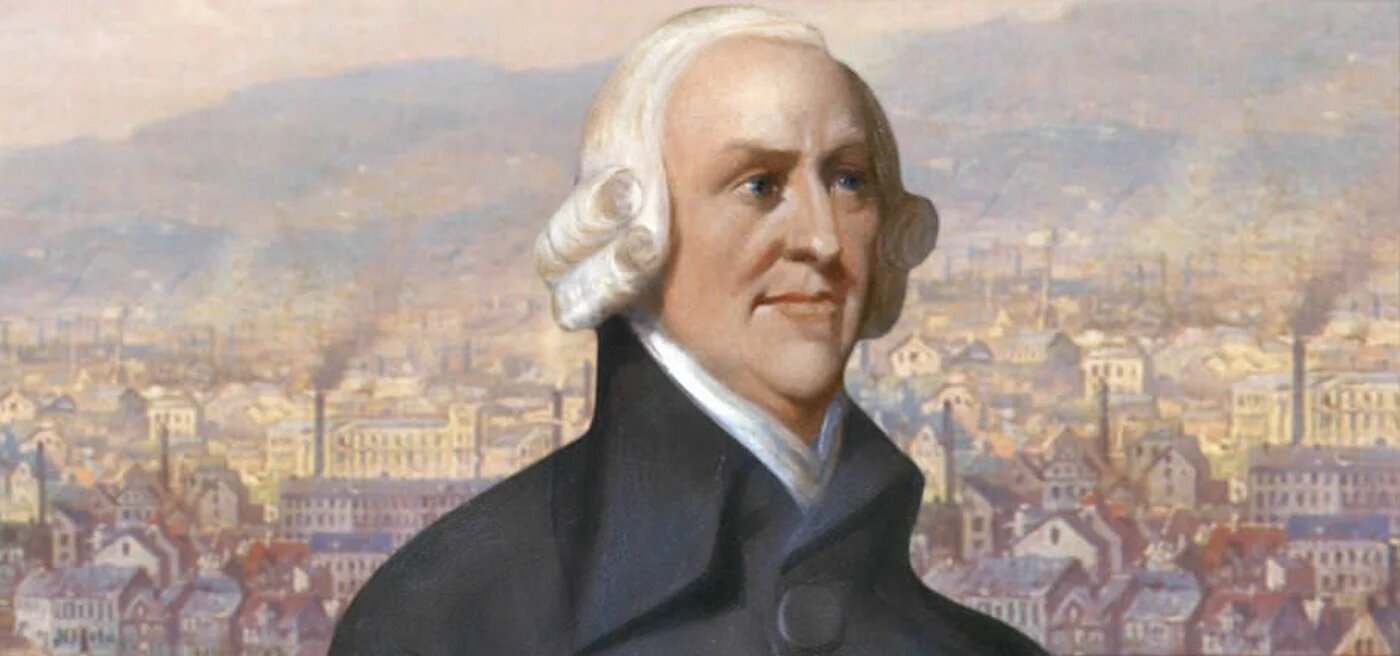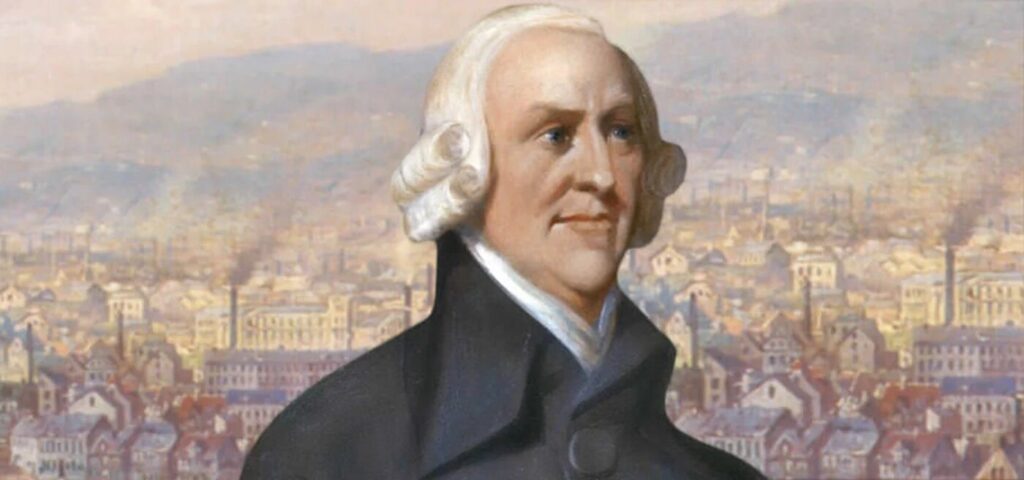
Economics Classical Definition by Adam Smith
- Adam Smith’s Wealth Definition:
Adam Smith (1723–90), a famous Scottish economist, is credited with developing the formal concept of economics. Adam Smith and his colleagues saw economics as a study of wealth that examines the production, consumption, and accumulation of wealth, continuing the mercantilist tradition.
His seminal work, “An Inquiry into the Nature and Causes of the Wealth of Nations,” or, more often known as “Wealth of Nations,” published in 1776, implicitly emphasises wealth as a subject-matter of economics.
The main goal of every nation’s political economy, according to Smith, is to expand its wealth and power. He shared the mercantilists’ opposition to the notion that a country’s prosperity is determined by its stockpile of priceless metals like gold and silver.
He defined wealth as those products and services that demand value in return. Economics is primary deals with how countries create wealth. Economics should be concerned with both the distribution of wealth and its production. The Smithian “invisible hand” mechanism or “price system” determines how wealth will be produced and distributed in a market economy.
According to several contemporary authors, economics is the branch of science that deals with wealth. According to John Stuart Mill (1806-73), economics is a study that studies the production and distribution of wealth. The subject-matter of political economics, according to Nassau William Senior (1790–1864), is not happiness but wealth. Economic theory is hence the study of wealth. However, the Smithian concept came under harsh criticism in the latter decade of the nineteenth century, and another school of thought replaced it, led by an English economist named Alfred Marshall (1842-1924).
Criticisms:
The primary objections to the classical definition are as follows:
i. This definition is overly limited since it ignores the significant issues that affect both society and the person. Smith’s concept is mostly predicated on the notion of a “economic man” who is interested in pursuing wealth. Because of this, many have criticised economics as “the bread-and-butter science.”
ii. Since the Smithian concept led us to emphasise the material component of human existence, i.e., the creation of wealth, literary figures and social reformers have labelled economics as a “dismal science” and “the Gospel of Mammon.” On the other hand, it disregarded the spiritual side of human existence. Above all, it promoted materialism and selfishness as a science of wealth. Economics was referred to be a “bastard science” by John Ruskin (1819–1900). Smithian definition is bereft of changing reality.
iii. Scarcity and choice should be the main topics of economics. Choice is inevitable since scarcity is the basic economic issue in any civilization. This straightforward yet crucial element of any economic system was overlooked by Adam Smith.
vi. Definition of Economics by Adam Smith gives primary importance to wealth and secondary to human being.
This emphasis has now shifted from wealth to human being. Man occupies primary place and wealth a secondary one. The real fact is that man is more important than study of wealth.
v. The notion of “wealth” excludes immaterial things like the services of a doctor, lawyer, or teacher in favour of purely tangible assets like cars, factories, raw materials, banks, etc. The term “wealth” in contemporary economics refers to both tangible and intangible assets.
vi. According to this, the only goal of human endeavours is to continually amass greater money. In other words, he solely generates money for himself and entirely disregards societal concerns. But Alfred Marshall and his supporters argued that economics actually studies the average man, not a someone who just works for himself.
vii. Marshall’s criticism is that Adam’s concept of economics does not include anything about human well-being. He has emphasised wealth a lot. The welfare of people is the goal, and wealth is only a means to that end.
viii. The definition places a strong focus on acquiring wealth as a goal in and of itself. It disregards the ways in which wealth is gained.
ix. Adam Smith’s use of the word “wealth” in economics left room for doubt, hence the definition grew divisive. The neoclassical economist Alfred Marshall provided his own concept of economics, emphasising man and his welfare in the process.
